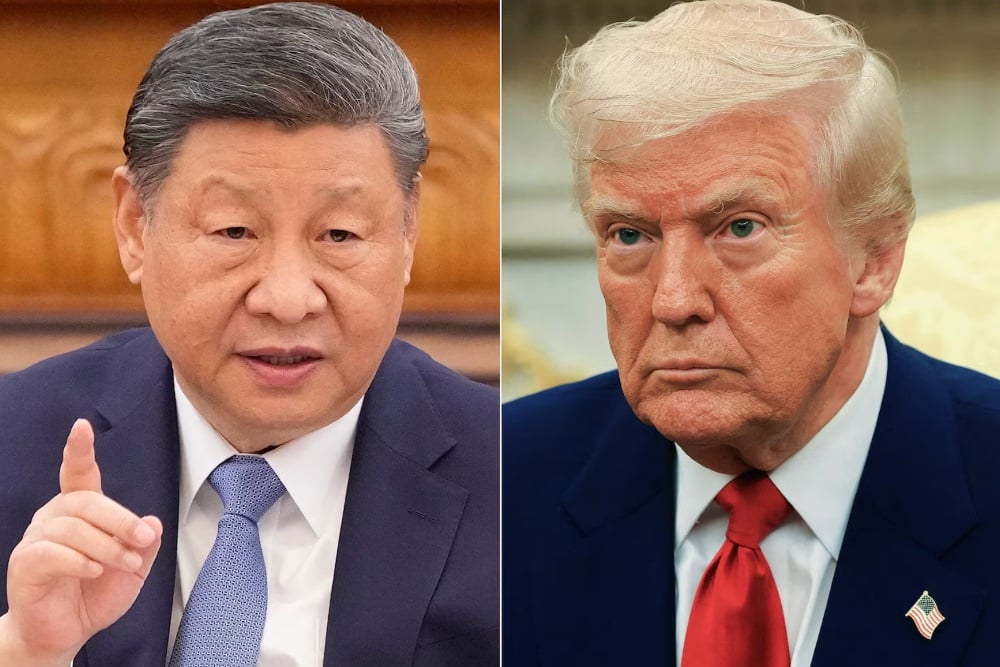In recent months, both Shein and Temu, popular online retail platforms, have raised prices on many of their products. This sudden shift in pricing has sparked conversations about the upcoming U.S. tariffs, with speculations about how these new measures will affect the cost of imported goods. As consumers brace for the impact, it’s important to understand why these platforms have increased their prices and what the implications might be.
1. Shein and Temu’s Price Hike: A Strategic Move
Shein and Temu, two giants in the fast-fashion and e-commerce industries, are no strangers to global trade fluctuations. With the announcement of new tariffs by the Trump administration, these companies have been quick to adjust their pricing structures. This is largely in response to the increasing import duties that will be applied to goods coming from China.
Both companies have operations in China, where many of their products are manufactured. The U.S. tariffs are expected to hit Chinese exports hard, making it more expensive for companies like Shein and Temu to import their goods. To offset these additional costs, the platforms have begun raising their prices. This price adjustment is a typical reaction to changes in trade policies, as businesses seek to maintain their profit margins.
2. The Role of Trump Tariffs in Price Increases
The Trump administration has long been known for its stance on tariffs, particularly with China. The upcoming changes in tariff policies are expected to increase the cost of importing Chinese goods, and this is where platforms like Shein and Temu are feeling the pressure. As both companies rely heavily on Chinese manufacturing, the imposition of higher tariffs means that their products will cost more to produce and import into the U.S. market.
In addition to tariffs, there are concerns about the broader implications for international supply chains. The rise in import duties could create a ripple effect, increasing shipping costs and slowing down production times. As a result, Shein and Temu have no choice but to pass these additional costs onto the consumer. While price hikes are often an unpopular move, they are necessary to maintain profitability in a changing trade environment.
3. How Consumers Are Affected by the Price Hikes
For many consumers, the price hikes at Shein and Temu represent a significant change in their shopping habits. These platforms have long been known for offering affordable fashion and goods, making them popular choices for budget-conscious shoppers. However, with the price increases, consumers may start to question whether the value they are getting still justifies the higher costs.
In response, many consumers are exploring alternative platforms that offer competitive prices without the added burden of tariffs. While the price hikes may be unavoidable, it remains to be seen how long-term these changes will be and whether consumers will continue to flock to Shein and Temu, or if they will turn to other retailers.
4. What Lies Ahead: Future of Online Shopping and Tariffs
As tariffs continue to play a role in shaping global trade dynamics, it is likely that other e-commerce platforms will also adjust their pricing strategies in response to new duties. In the case of Shein and Temu, their ability to adapt to these changes will be critical in maintaining customer loyalty and keeping their competitive edge.
Looking ahead, the landscape of online shopping could change significantly. Consumers may begin to see higher prices on more products from international platforms, and the affordability of fast-fashion might be challenged. It’s also possible that companies will seek out new ways to mitigate tariff costs, such as diversifying their supply chains or moving manufacturing operations to other countries with lower import duties.
Conclusion: Adapting to the New Normal
The recent price hikes by Shein and Temu are a direct result of the increasing tariffs being imposed by the Trump administration. While these changes may be frustrating for consumers who have become accustomed to low prices, they also reflect the broader impact of shifting global trade policies. For now, consumers will need to adjust to the new pricing reality, but it remains to be seen how long these adjustments will last and whether they will lead to lasting changes in the way we shop online.
Ultimately, Shein and Temu’s decisions highlight the growing influence of tariffs on international business, and the ripple effect it has on consumers worldwide. As we move forward, it’s important to keep an eye on these changes and understand how they may continue to shape the e-commerce landscape in the coming months.








